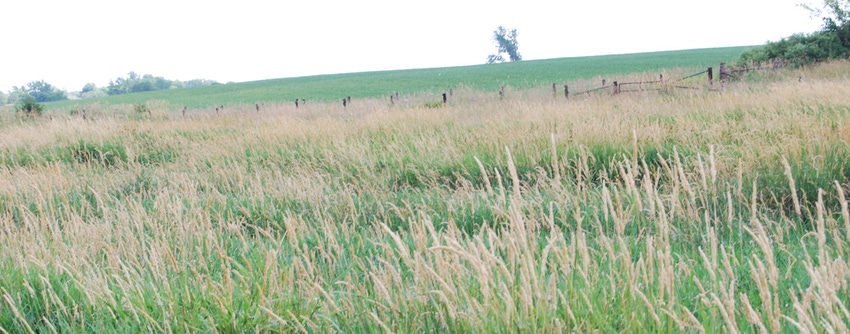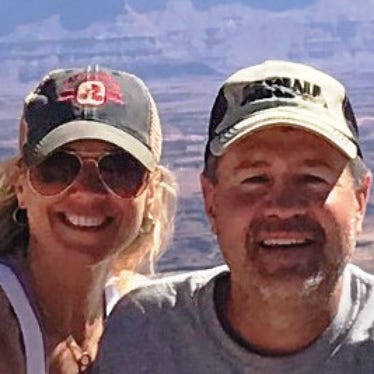
Last month National Rural Water Association held our annual in-service training for all 50 states in Little Rock, Ark., featuring "the soil guy" himself, Ray Archuletta.
He offered up a presentation on soil health to the source water specialists from all 50 states. For anyone who has never heard Ray speak, it is well worth the time and effort to make one of his presentations. It’s the “Baptist revival” of soil health.
This is not the first time I have heard Ray and each time I learn something different from his presentations. One thing I noticed when hearing Ray is that all his pictures, examples and experiences didn’t come from some university test plot but from farmers themselves.
The soil health initiative didn’t start with some government agency pushing an agenda. It is farmer driven with the likes of Gabe Brown from North Dakota and Dave Brandt from Ohio. Ray is the sounding board for folks who are the true innovators. These innovators are all over the country, in different environments, all having different challenges, in every state of the union. These are the guys made fun of by their neighbors. They graze cows through snow. They plant collard greens and sunflowers and let their pastures get weedy. They have had grazing systems for years and have tried every type of grazing under the sun. They don’t see failures, they see learning experiences.
The one characteristic that I see stand out more than anything in these people is they "start." They take that first step.
Technology can be a wonderful thing. It has allowed us to do so many things quicker, and do more with less labor. We can run more livestock and plant more crops quicker and more efficiently than any time in history. We have medications that can cure most any malady in our animals and sprays that can terminate all weeds (or most that aren’t resistant) without damaging crops and to keep our pastures clean and weed free.
One failing that has come along with this new technology is less management. We spend less time keeping our animals healthy through good grazing management. We have lost the ability to read and understand our pastures and row-crop lands and the soil that lies beneath our feet. We are so used to having the next fix that we have lost some of the ability to work with our land and animals. It is my opinion that this is what has made grazing systems and the work with soil health so hard for many producers to start.
It is easy to put cows in a pasture and never monitor how much they have eaten, how long it should rest or if my break (paddock) was big enough to last a day. It takes much less management to plant and spray with glyphosate than it does to manage a 12-species mix, knowing when to terminate, whether my planter is going to be able to handle the biomass, or if the mix is going to affect my yields.
What I have found through my own experience as well as talking to others is the answers to all these and other question are "it depends." It is going to take monitoring and management to be successful. There is no complete system or recipe that is going to work the same way each time in our grazing environment or row crop system.
One thing I have seen in every operation that started down the road of a building a grazing system or soil health and cover crops is they were all successful and never turned back once started. It also seems to create a sense of accomplishment and revitalization in producers of all ages.
The next time you have the urge to start something new or plant some cover crops and you aren’t sure what to do, what to plant or where to turn, think about this idea: It is time to start and enjoy the journey!
About the Author(s)
You May Also Like






